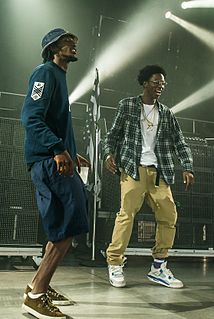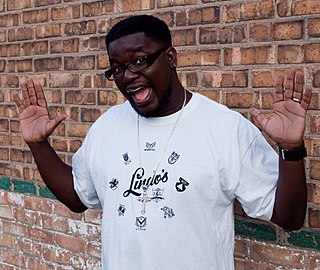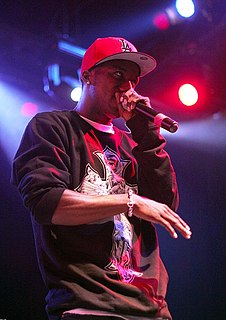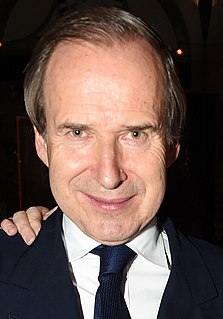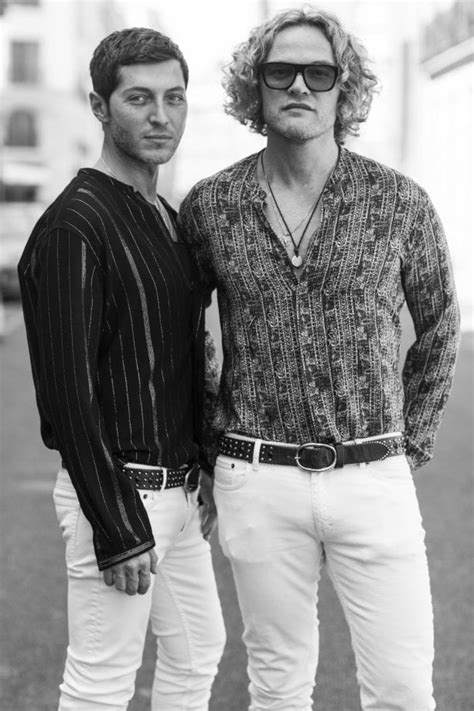A Quote by Hiroshi Fujiwara
I actually came from the fashion side, so maybe I knew more about fashion - and music like hip-hop because I was a DJ - so it was really successful when we mixed it all up together.
Related Quotes
To me, that's the biggest problem with hip-hop today is the fact that everyone believes that all of hip-hop is rap music, and that, when you say "hip-hop," it's synonymous with rap. That when you say "hip-hop," you should be thinking about breakdancing, graffiti art, or MCing - which is the proper name for rap - DJing, beat-boxing, language, fashion, knowledge, trade. You should be thinking about a culture when you say, "hip-hop.".
I wouldn't compare my sound on the mixtape to anything, but my influences are like - the minimal amount of hip-hop that I actually do know - because I didn't grow up listening to hip-hop like that. No one really put me on to hip-hop like that... My dad's from Jamaica and my mom is from Barbados, so that's really the stuff I grew up listening to.
Socially, hip-hop has done more for racial camaraderie in this country than any one thing. 'Cause guys like me, my kids - everyone under 45 either grew up loving hip-hop or hating hip-hop, but everyone under 45 grew up very aware of hip-hop. So when you're a white kid and you're listening to this music and you're being exposed to it every day on MTV, black people become less frightening. This is just a reality. What hip-hop has done bringing people together is enormous.
I was listening to Jimi Hendrix and Pink Floyd, because that was new music for me. I really hadn't been up on them. I mean, I'd heard of them, but I wasn't up on their music. And I kept listening to Radiohead, and I was like, Man, I want to make hip-hop that feels like Radiohead. I want to make hip-hop that can use guitars and soul and jazz and just fuse it all together.



